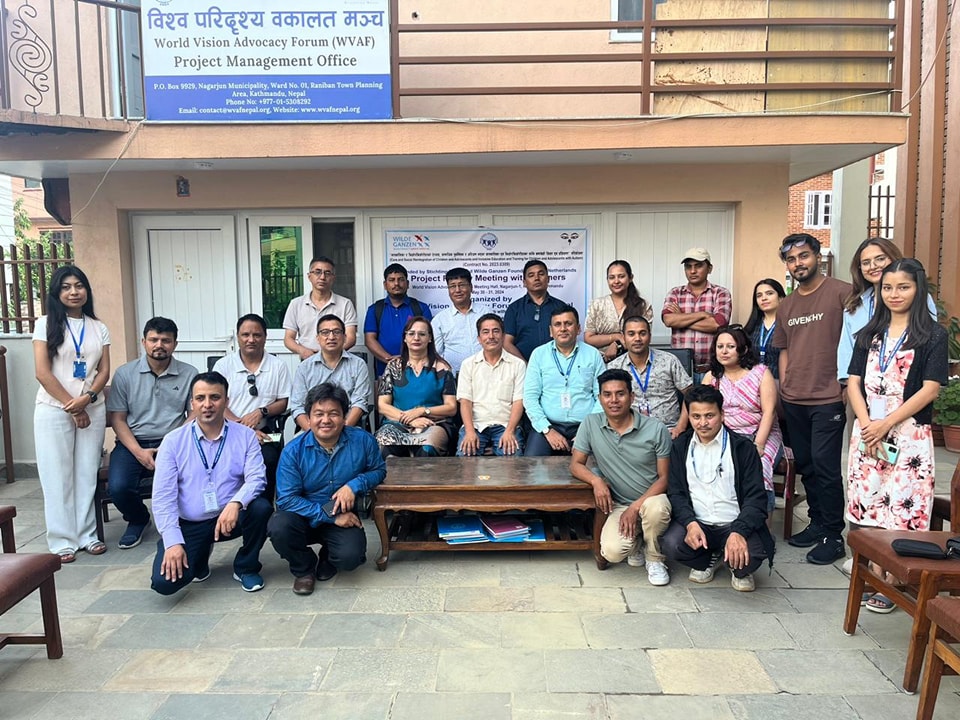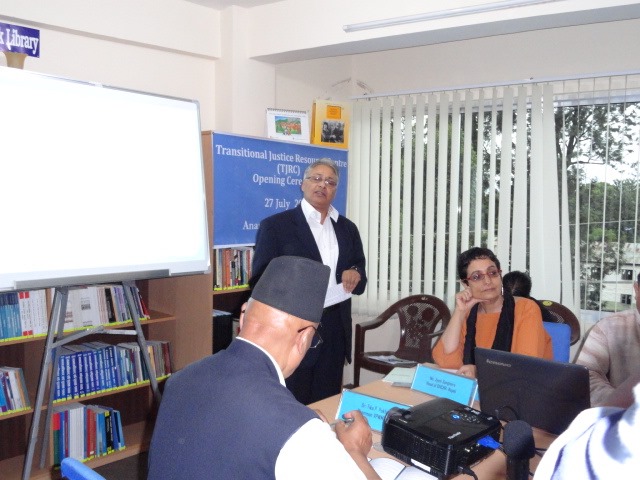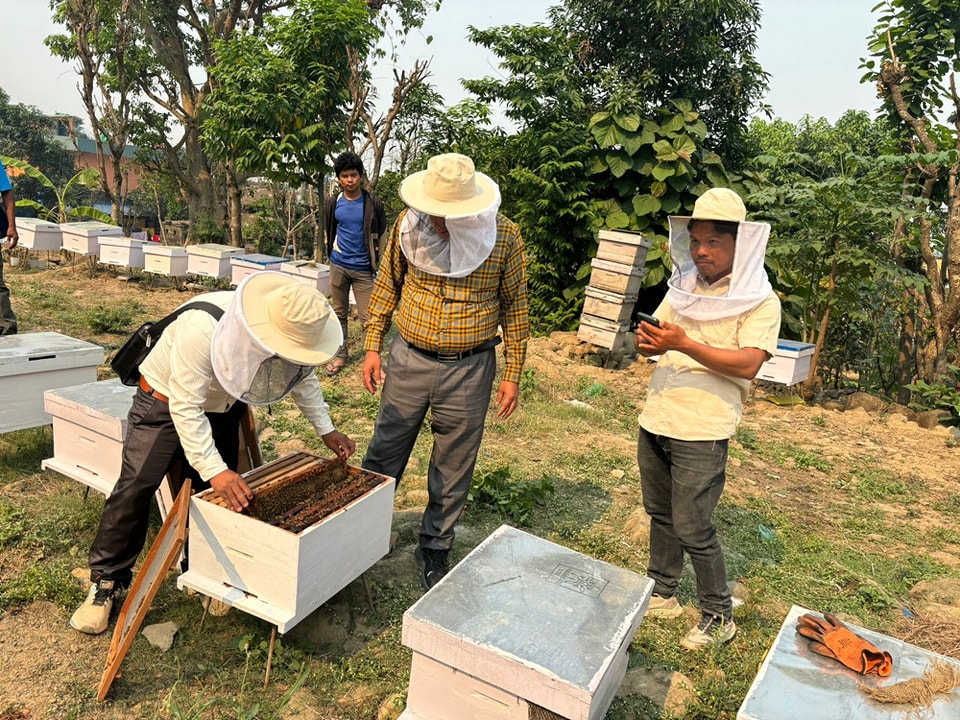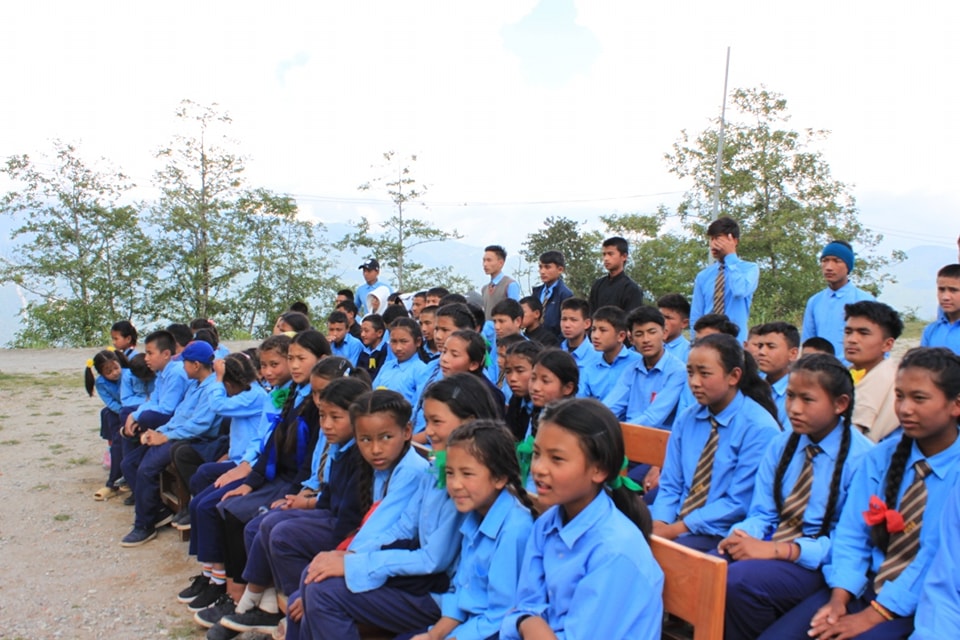Jun 12, 2024

The landscape of Civil Society Organizations (CSOs) in Nepal is shaped by various factors, presenting both challenges and opportunities. Currently, CSOs operate within an information vacuum, as government data is often lacking or not shared with development partners. This results in duplication of efforts and hinders effective coordination among CSOs to address the Provinces’ development challenges. Consequently, a significant portion of funding flows to International NGOs (INGOs) with greater resources and capacity to generate development data.
The lack of mandate often hampers local CSOs' engagement with government entities at national, state, or local levels in shaping development agendas. Poor coordination and synergy among CSOs exacerbate this issue, leading to inadequate consultation, limited information sharing, and unnecessary competition among peers. Consequently, CSOs struggle to effectively represent their constituents in policy and decision-making forums.
Indigenous CSOs, despite their access to hard-to-reach areas and communities, often struggle to secure development assistance. Meanwhile, there is a proliferation of Community-Based Organizations (CBOs), NGOs, and other associations, some lacking clear mandates or strategic direction, leading to frequent collapse within a short timeframe. This is attributed to various factors including inadequate community support, incompetent staff, poorly designed programs, and insufficient donor funding.
World Vision Advocacy Forum (WVAF) recognizes the need to invest in the development and sustainability of CSO partners. Drawing from its expertise and local experience, WVAF plans to employ a mix of strategies such as direct training, organizational development, and mentorship. These approaches will be informed by Organizational Capacity Assessment (OCA) and Theory of Change (TOC) validation exercises. WVAF has a wealth of experience in engaging with diverse communities and addressing their needs through various program interventions. It has established and strengthened community-based structures, fostering coordinated action among different stakeholders to address socio-economic inequalities and immediate material needs.
Organizational learning and innovation are pivotal for WVAF's continued success. It acknowledges the interconnectedness of organizational learning and innovation in enhancing performance and adapting to changing environments, particularly in facilitating development and service provision. Monitoring and Evaluation (M&E) are crucial for WVAF's project success. The Monitoring, Evaluation, Accountability, and Learning (MEAL) Unit ensures transparent accountability, learning, and documentation, facilitating efficient resource utilization and knowledge dissemination.
Fundraising remains a critical aspect of WVAF's sustainability. Through strategic analysis and consultation, WVAF identifies potential donors and partnerships to secure multi-year and thematic funding, ensuring continued support for its initiatives.



